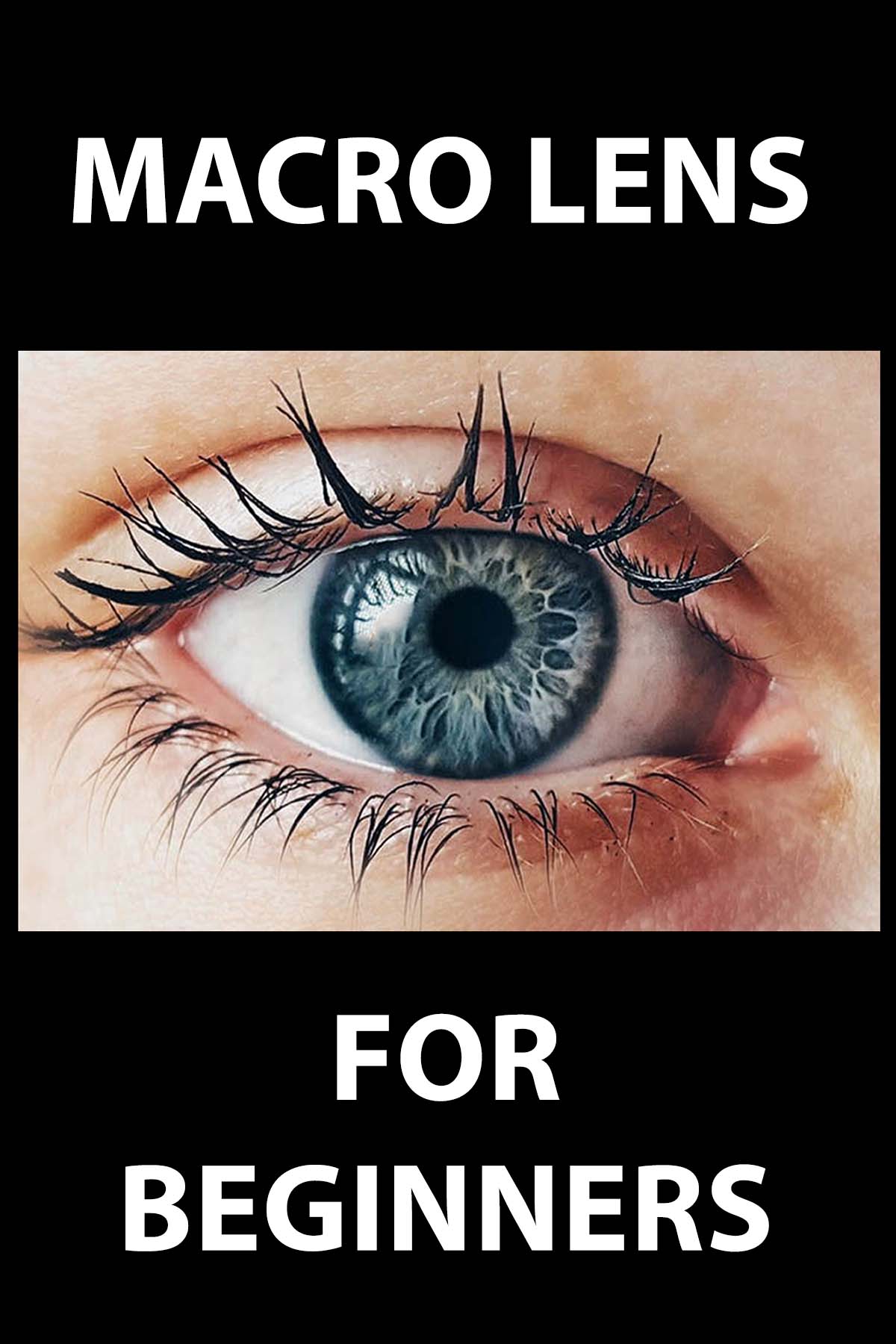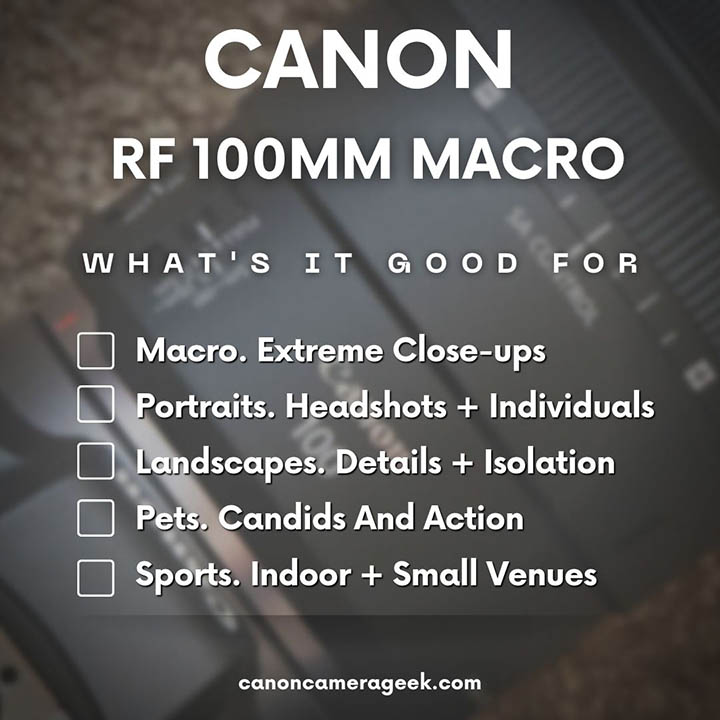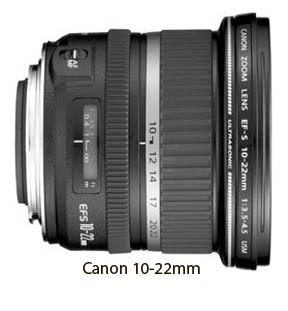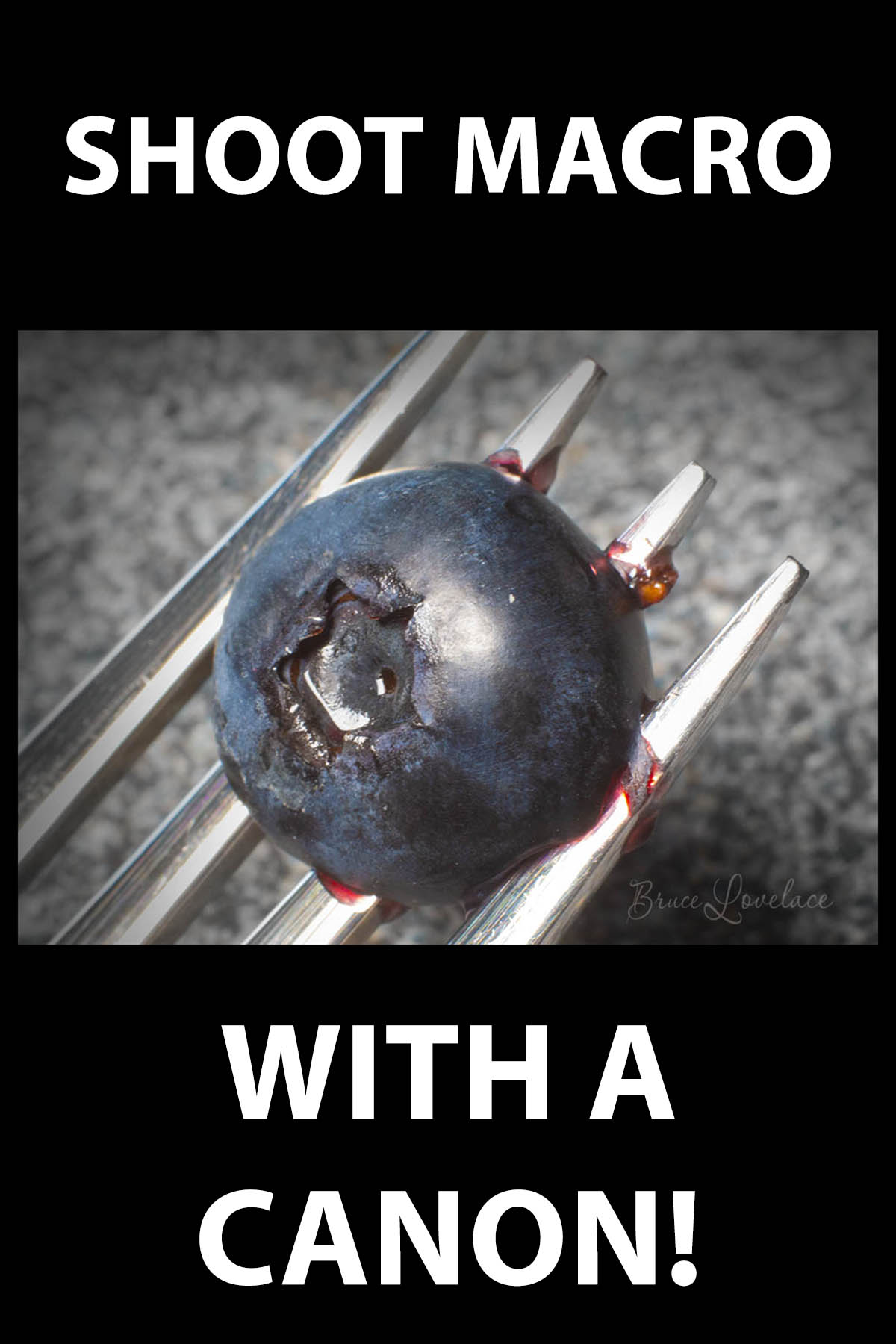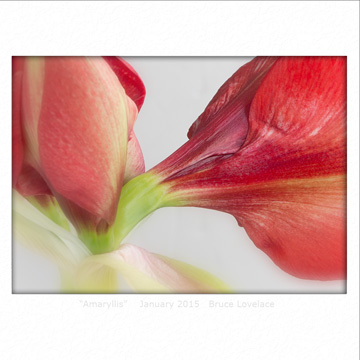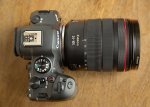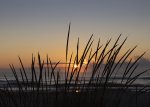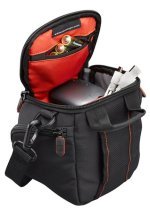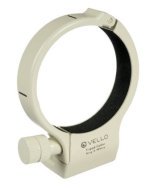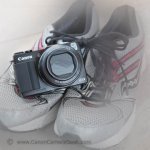Beginner Macro Lens for Canon
You're wondering what's a good starter macro lens for Canon cameras. Here's the deal. You don't need to spend a lot on a beginning lens to get great macro photos.
Canon offers quite a few options when it comes to macro lenses and many factors come into play when choosing the one that is best for your situation.
I looked at quite a few for you and narrowed my recommendations down to two specific Canon camera lenses that are good for macro photography.
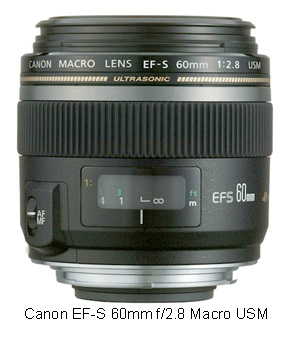 Budget Macro Lens
Budget Macro LensI don't always select the most affordable options when I recommend digital photography equipment.
This is one of those times when I will.
The Canon EF-S 60mm f/2.8 Macro USM Digital SLR Lens is very affordable and I recommend it for two reasons.
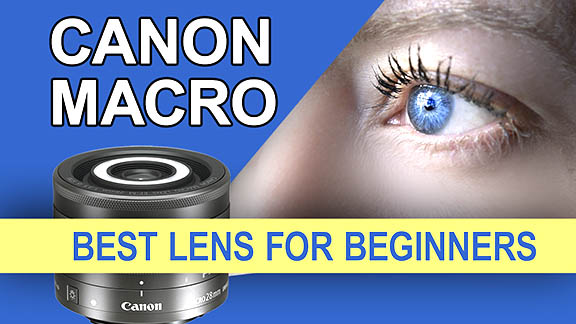 Canon EF 60mm macro lens?
Canon EF 60mm macro lens?Plenty of solid lens choices for beginning Canon shooters.
1. Recommended For Beginners: the Canon 60mm f/2.8
If you're looking for the a macro lens for a Canon APS-C "Crop" camera, then consider the RF-S 60mm f/2.8 lens.
1. PERFORMANCE. First, its performance and its features. Okay, maybe that is two reasons but I like to keep it simple. It's lightweight and easy to use. It can easily be used hand-held without a tripod in some situations.
Sharpness, color reproduction, contrast, and chromatic aberration numbers are all real good.
It's very highly rated both by users of the lens as well as those lens-testing experts that do the technical testing and reviews of Canon camera lenses.
Many users report they use this as a portrait lens as well. I prefer my Canon 70-200 f2.8 to get more distance from my portrait subjects, but I am just reporting what many other people have said about the Canon EF-S 60mm macro lens.
2. PRICE. Second. It is very affordable. Brand new it's about half the price of other macro lenses and you can save even more money by getting a used Canon macro lens in mint condition.
Small drawbacks: It does not work with the Canon extenders. That may not be important to you. It certainly doesn't matter for me. It still does a 1:1 macro ratio and you can use extension tubes.
It does not have an image stabilizer but that's okay at this focal length anyway. If you are doing true macro photography you are very likely to use a tripod anyway for the sharpest results.
At f 2.8, there is a small amount of light fall-off in the corners, but how many photographers shoot macro photographs at f2.8? I think not too many of them do.
Reminder: this lens is not for full-frame DSLRs. It's for cameras with the APS-C sized sensor.
The Canon 60mm f2.8 macro is the lens I recommend as the best for someone like you who is just starting to explore macro photography.
2. 2nd Choice: THE CANON 100MM F/2.8
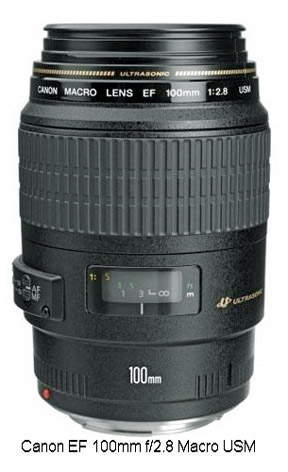
My next choice for the best macro lens for Canon cameras is the Canon EF 100mm f2.8 Macro USM. If you're looking for a macro lens for a Canon full frame camera this might be it, although it has great reach if used with an APS-C Canon.
It's a lot more glass than the 60mm f2.8 but it's well worth the extra weight and the larger price tag.
It is still quite a bit more affordable that the Canon 100mm macro with IS (image stabilizer).
The minimum working distance (MWD) is 6 inches and that produces a 1:1 magnification ratio.
All of the technical tests give this Canon 100mm macro excellent ratings for chromatic aberrations, color rendition, distortion, etc.
The 100mm f2.8 focuses using the ultra-sonic motor (USM) much faster than its big and bulkier brother, the Canon EF 180mm f/3.5.
Another nice feature is that this Canon lens lets you do full-time manual focusing. This means that the macro photographer can override the auto-focus quickly if needed. See my post on the new RF 100mm f/2.8 L Macro Lens.
Why you'll be happy with the Canon 100mm f/2.8

POWER. Getting a full 1:1 magnification at 6 inches is fantastic with the Canon 100mm lens. I still prefer using a tripod for macro work, but if you want to go handheld, you might want to shell out the extra $250 for the IS (image stabilization) version of this lens.
PERFORMANCE. Your photographs will look great. You need to use good technique, for sure, but get your focus and composition correct and this lens will do the rest for you.
The Canon 100mm f2.8 macro is the lens I recommend as the best for the photographer who really wants to have some serious fun and create some eye-catching macro photographs.
3. Canon 24-70mm macro lens
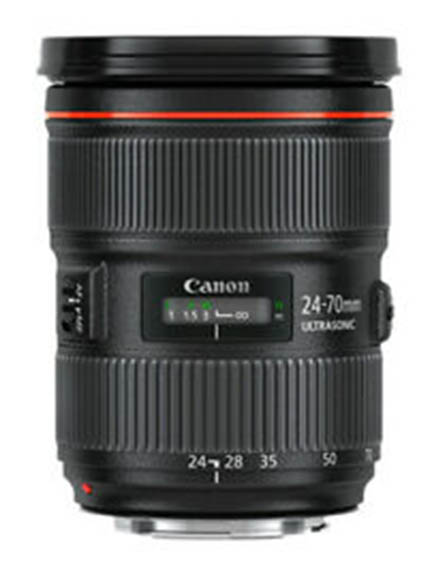
If you want a macro lens that can be used for more types of photography than just shooting close-ups you may prefer the versatility of a zoom lens.
VERSATILITY. This is the only Canon general purpose zoom lens that has both a dedicated macro mode and image stabilization designed for close-up magnified photography. It gives you a .71X magnification ratio packed with the versatility of having a great walk around lens.
IMAGE STABILIZATION. There are 3 versions of the Canon 24-70 lens. There are two f/2.8 versions of the lens, The 3rd version is the f/4.0 version. I recommend that one. It's the one you want to consider, the Canon EF 24-70mm f/4.0 L IS Macro Lens. The ability to use its 4-stop image stabilization is an added bonus of having this lens.
4. Update: Beginner Macro Lens For Mirrorless
This is the updated version of the 2nd recommended beginner macro lens mentioned above, but for mirrorless Canon shooters.
It's clear that mirrorless cameras are slowly overtaking DSLR cameras for shooting all types of photography and that includes shooting macro. Although I've been shooting macro photos on and off for decades, I'm a newbie at shooting close-up with a Canon mirrorless camera.
Having first used extension tubes along with my 85mm prime and 24-105 lenses for macro photography, I've now progressed to start using an RF 100mm lens. It's definitely not classified as a beginner, but if you have the budget for it, why not start with one of the best macro lenses on the market. Here's my own review of the Canon 100mm f/2.8 L Macro Lens.
It's a true macro lens, actually being able to achieve a 1.4X magnification of your subject's physical size on your camera's sensor. That's impressive, but realize it comes with n impressive price tag to.
Like I said, not a lens that people would originally classify as a lens for beginners, but it's a remarkable tool if you're going to shoot with a mirrorless Canon.
More resources for a Macro Lens for Canon:
Read several different reviews for each lens.
Buy one at your favorite place, but use Amazon to read consumer reviews. You get more reviews to make a better decision.
As an Amazon affiliate Canon Camera Geek receives a small commission from qualifying purchases, at NO added cost to you.
You can also read about several alternative types of equipment set-ups to play with macro photography. Macro Photography Equipment.
Macro photography gives you literally an entire new world of photographic opportunities. Have a blast. Shoot a Canon!

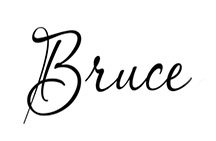
Bruce Lovelace is the publisher of Canon Camera Geek. Read more about him on the About Page. He also publishes how to articles and camera gear reviews at the Photography Tips website.
View some of Bruce's photos on Instagram and Flickr. Join the tribe of followers on YouTube. Bruce also runs photo workshops and provides 1 on 1 digital photography coaching.
Recent Articles
-
My Review of The 10 Best Canon R6 Mark II Features That Impressed Me
Apr 12, 25 08:51 AM
Beyond the Pixel: Discover the Game-Changing Features That Make the Canon R6 Mark II a Must Have Camera -
Canon RF 24-105 Lens Comparison. Guide To Which One Is Right For You
Apr 07, 25 12:47 PM
Which is the best of the 3 versions of the Canon RF 24-105mm Lens for Canon mirrorless cameras? What's The 24-105 Lens Good For -
3 Better Alternatives to Camera Bags From Canon. Helpful Guide To Bags
Apr 03, 25 11:51 AM
After searching for the top best selling Canon bags, I found 3 better alternatives to camera bags from Canon -
Canon 70-200 2.8 Tripod Collar. Article and Video of The Advantages
Apr 03, 25 11:02 AM
Some call it an optional accessory. I say a canon 70-200 2.8 tripod collar is a necessity when using this lens on a tripod or monopod. -
Running With The G1X Mark II, Acting Like a Kid, You Should Try This
Apr 03, 25 10:31 AM
Ever get a new "toy" and want to just play? I did.Got my new Canon compact camera. Went running with the G1x Mark II
